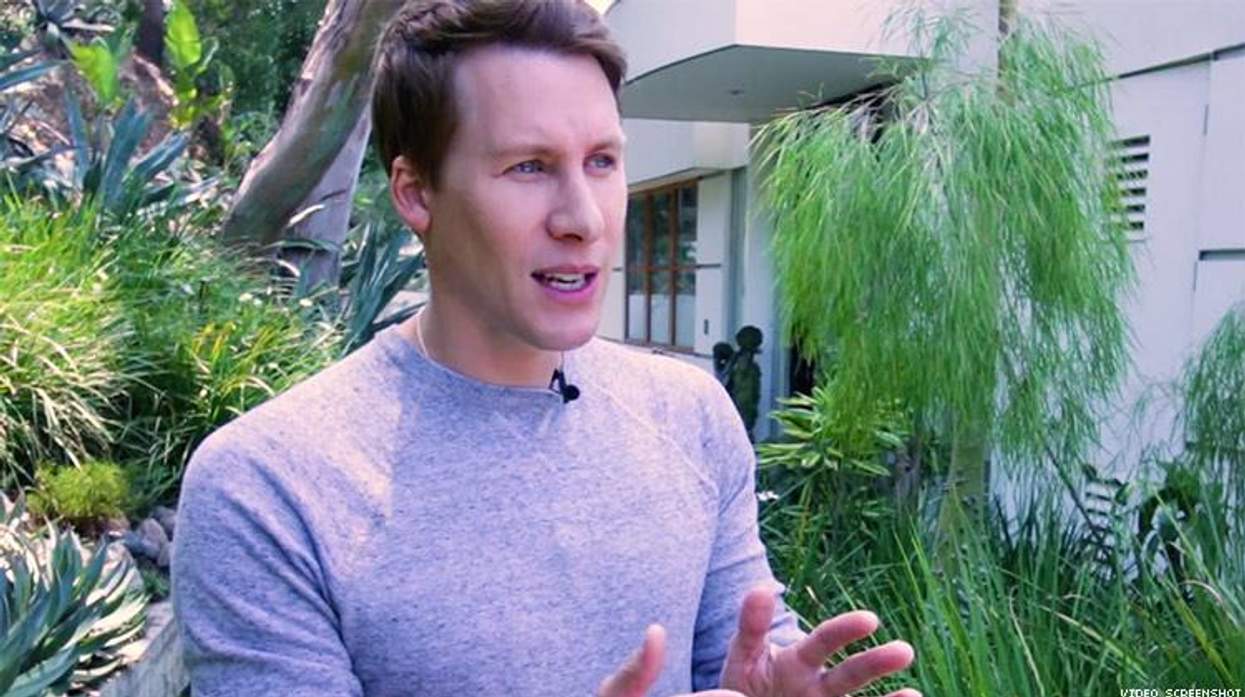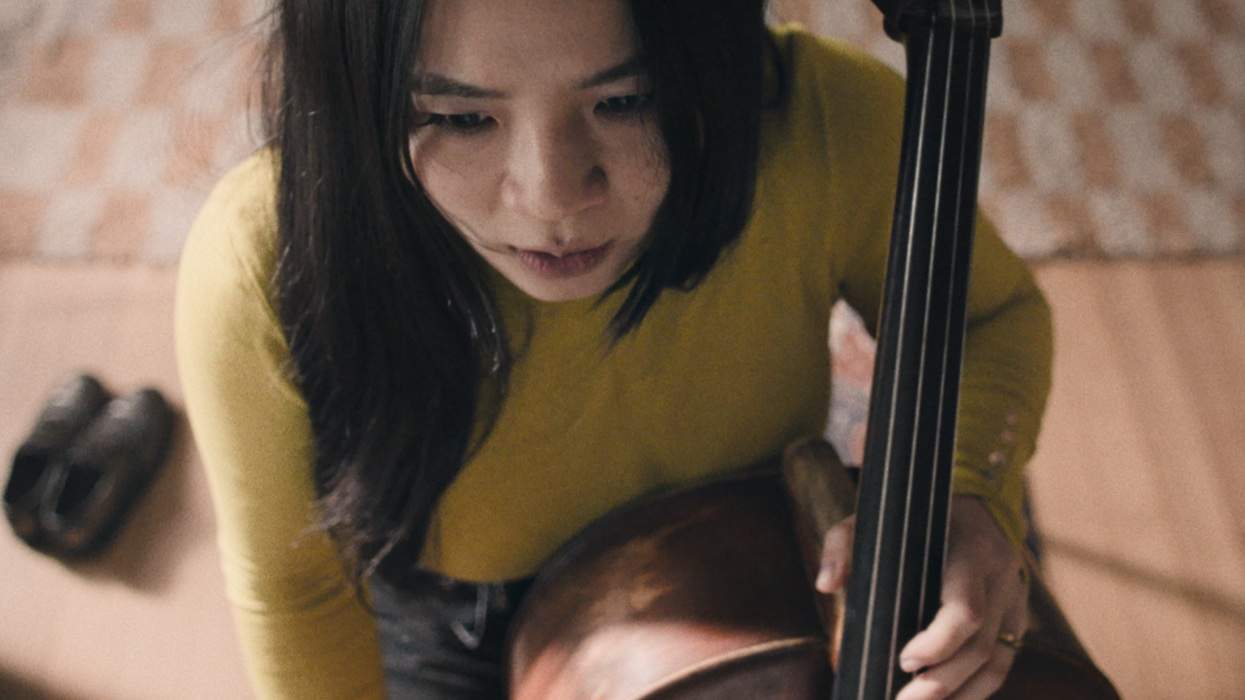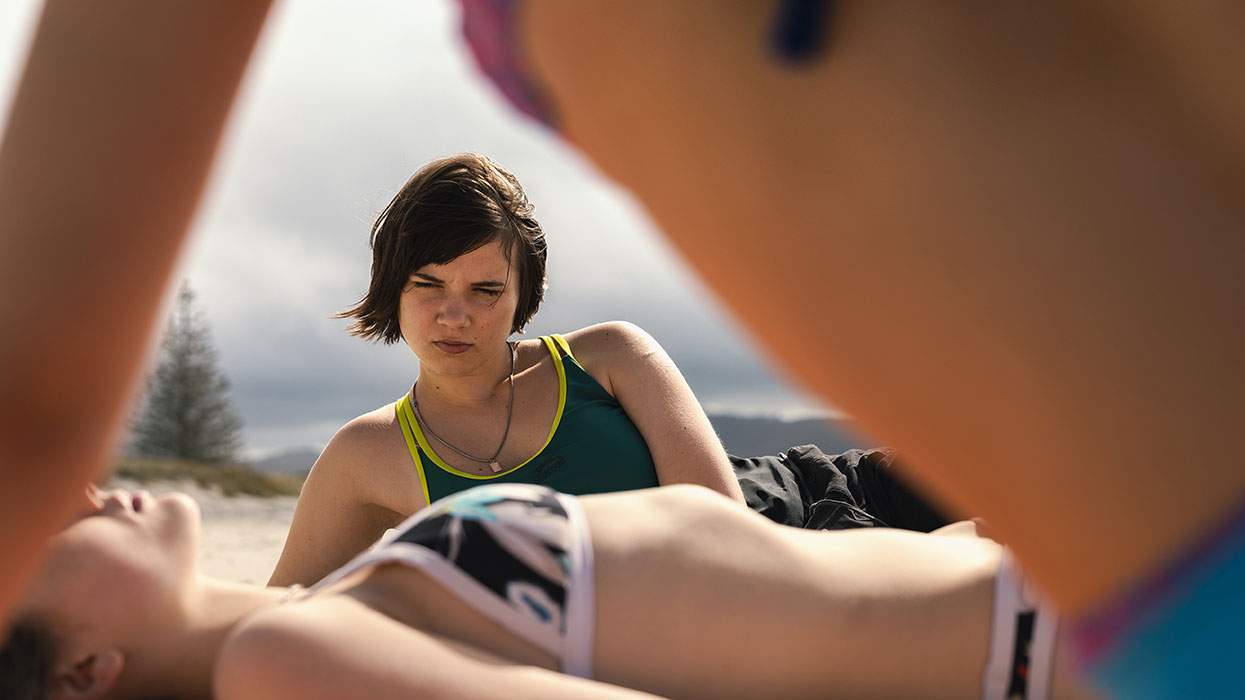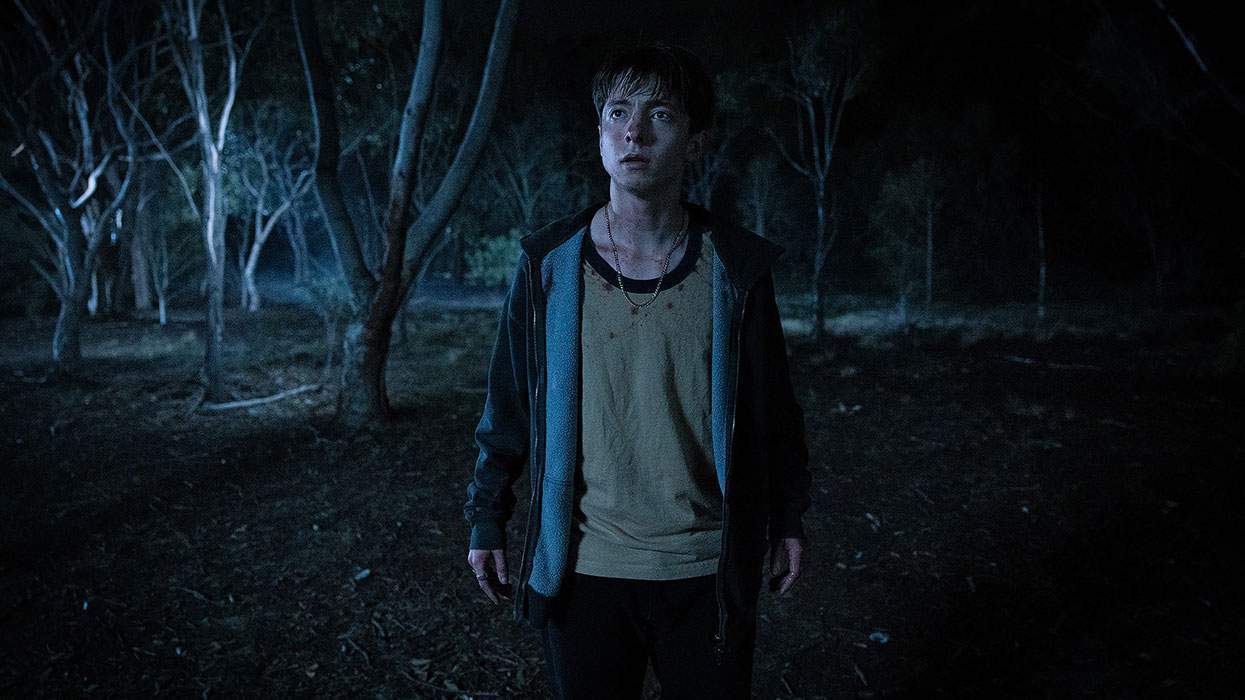The Advocate was born as a direct result of the Black Cat protest in Los Angeles, where LGBT bar patrons fought back against a violent police raid. A new documentary from director Billy Clift -- A Long Road to Freedom: The Advocate Celebrates 50 Years -- begins at that pivotal moment in 1967 and takes viewers through the major events of the LGBT movement, as told via the pages of the magazine. What was founded as a newsletter for the protesters at the Black Cat would become something larger than ever imagined and would give witness to watershed moments. Narrated by Laverne Cox and with music by Melissa Etheridge, the documentary includes interviews with Cleve Jones, Caitlyn Jenner, Gloria Allred, Gavin Newsom, Don Lemon, Dustin Lance Black, Armistead Maupin, and many more. Buy tickets to the documentary's premiere at the Outfest film festival tonight in Los Angeles. In the edited conversation below, The Advocate's editor in chief, Lucas Grindley, spoke with Clift about making the film.
The Advocate: What was your first experience with The Advocate?
Clift: I was young, definitely. I was probably 15 years old, and I lived here in Hollywood. There was this amazing wall of magazines right off Hollywood Boulevard, and I would always walk by it and I remember the first time I saw The Advocate. Everyone said you had to read that. I remember finally getting enough courage to purchase it, and it just became a regular thing. I would always buy it because it would keep me informed. So many people in the documentary said the same thing, that then you understood what was happening in New York and other cities and not just in Los Angeles, and that you weren't alone. Living in Los Angeles was good, in that I had a little group of gay people and I started going to gay bars at 15; they were out there. But you still felt alone, and it really helps to see that there was a bigger picture.
Did you have to hide the magazine?
I remember being very embarrassed and making sure that I'd grab it and get that gumption up to actually buy it -- because it was saying I was gay to the person who was selling it, right? And then I remember making sure it was hidden before I got it home to actually look at. Even though every morning I would sit at this coffee house, the Bold Cup, right at Hollywood Boulevard, before I would go to Hollywood High, and we would sit and have our coffee and cigarettes every morning, a little group of us, and I still did not feel comfortable putting it on the table and looking at it. There were drag queens that were some of our waiters, and I still couldn't feel at that age -- it took me a while until I was in my early 20s when I was more comfortable.
What was your goal with the documentary?
My goal was to teach people, or allow these people to teach, starting with the Black Cat, starting with the raid. It was brutal. I'm sure that created more fire in them. I always feel that we need to learn from our past to know where were are and where we are going.
So how many people did you talk to?
I would say 45 to 50, around in there. There were people, of course, that did not get in the documentary; sometimes it didn't fit the flow.
What was the most surprising thing you heard?
There were so many things that I didn't know about, like that if we gave money to a representative who we tried to back in politics, they would turn around and ignore that we existed. I was not shocked, but in the moment, I was like, Isn't that wild? Here all these gay people get together and put their finances together and they put their money into this particular person, and then they turn around and pretend it didn't happen?
I remember that in the film. It was activist David Mixner talking about that, right?
Exactly. Eventually what they did was start the Victory Fund, which he and a few others created so they would actually get LGBT politicians.
I felt like I had learned something completely new at that moment. That was surprising.
So much of it in the doc was actually overwhelming, in a way. I am sure that a lot of people will come out of it and will be like, "Oh, my God, I had no idea," especially people who aren't gay. They have no clue what we went though. It is just so out of their realm. I was talking to some people the other night, there were about five of us, and two of them were straight and the constant reaction was just, "What?! I'm so sorry I didn't know anything." I think we are going to create with this documentary a lot more allies because we're going to become more sensitive and understanding and comprehending of what a fight it was.
We are taught in school about a number of fights for equality. In school, this one is definitely left out. If it was included, I don't know what a different world it would be.
I totally agree. If we had learned most of the things that we should be learning about -- the list goes on and on -- we would have a totally different point of view and maybe become a lot more conscious of what we are doing in the future.
It's a very emotional documentary at points. Did you ever get a little teary-eyed listening to these stories?
Oh, my God, there were many times, when I was sitting there in the room I just started bawling. Hearing them, they were not just telling a story about some time, they were talking about something they did or something they participated in. Of course the AIDS period affected me a lot. I was in that. I was in the center of that. In 1980, I was, what, 20 years old? And so it was right in my face. By 1981 and 1982, we started hearing about it, and I remember becoming, by about 1983, I completely stopped doing anything -- just scared to death.
Basically celibate?
Yeah, it happened. I remember there was a moment though where I just started drinking a lot. [Laughs] "This will be fine then, I'll just drink a lot." [Laughs]
Some of the commenters were wondering if we were going to gloss over the Pink Pages and not include it in the documentary?
Right, and we definitely did talk about it in the documentary, because they were part of it. I love what Durk Dehner said in the documentary -- who is the founder of the Tom of Finland House -- that this was part of our nature. It's just part of who we are. We are sexual beings. I think that's where we are doing really well today is that we are sex-positive. It's OK to be sexual and stop pushing that down as part of the Victorian conception that we've been taught throughout our lives. Other people said in the documentary that there was excitement for something that was naughty, so to speak. We definitely should not be ashamed of all the aspects of who we are.















Charlie Kirk DID say stoning gay people was the 'perfect law' — and these other heinous quotes
These are some of his worst comments about LGBTQ+ people made by Charlie Kirk.